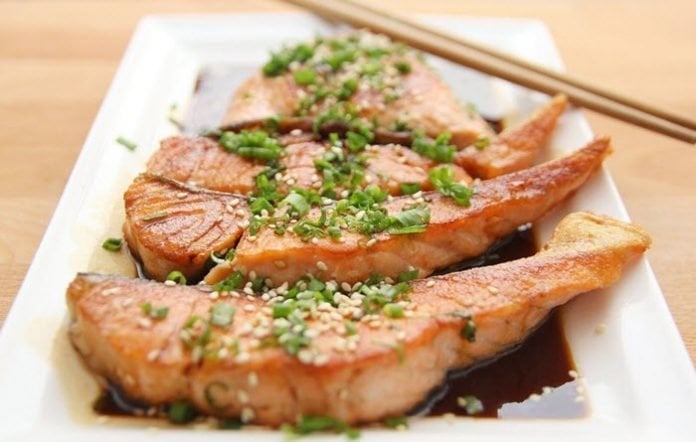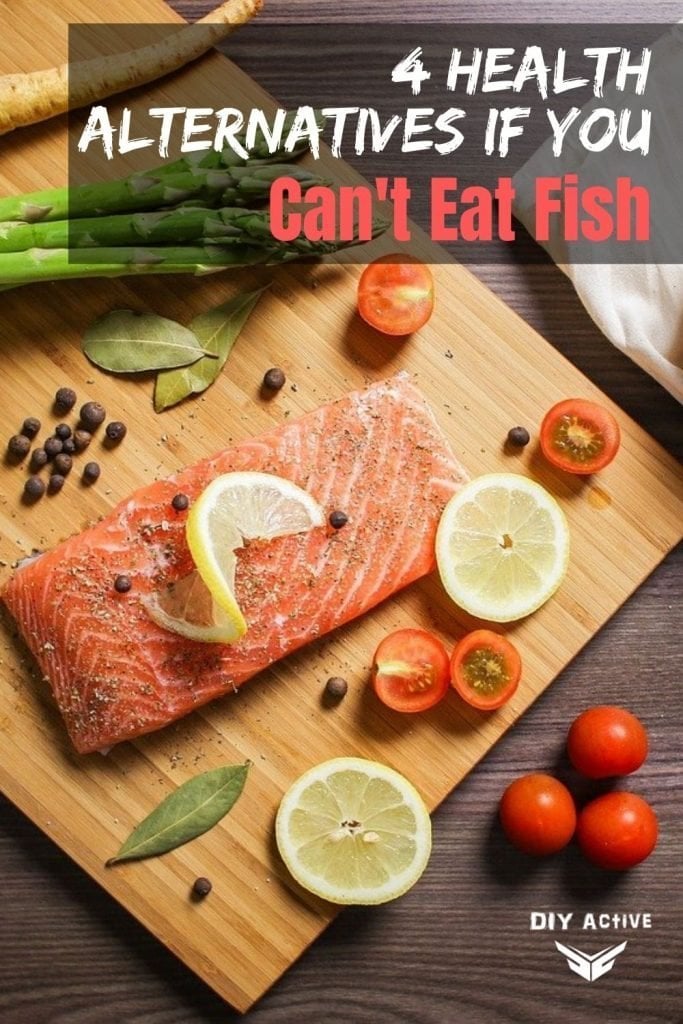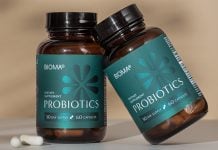
Can’t Eat Fish? Try These Alternatives
Fish is a superfood with superb health benefits. It’s rich in protein, which is essential for muscle growth. Oily fish contain copious Omega-3, one of the key ingredients to a healthy heart.
Alternatives are you can’t eat fish
Need a top-up of vitamin D? Eat some fish! Vitamin B2 (Riboflavin) is key to breaking down carbohydrates into energy. Guess what? Fish is full of that, too.
The endless benefits are exciting, but it all gets a bit worn for those of us who can’t eat fish either because of allergies or ethical concerns. Is there anything that can provide the same kind of health benefits? The answer is yes — but not necessarily all in one package.
You can easily obtain all the nutritional benefits of fish with an alternative diet. The important thing is to bear in mind which health benefits you’re looking for and find the appropriate alternative.
Here’s how to maintain a perfectly healthy body when you can’t eat fish.
1. Protein Powders
Protein powder is an important part of the diet for those serious about building muscle. Unfortunately, a lot of protein powders on the market contain fish.
It makes sense: fish is rich in protein and widely available. These powders also have many other benefits outside of exercise. One strong alternative for those all-around gains is bovine collagen protein powder. Not only is it a great source of protein, but it also aids with gut health, metabolism, and healthy hair, nails, and joints, amongst other things.
If you’re unable to eat fish for ethical reasons, pea protein is a favored alternative in many protein powders. Pea protein is also rich in iron, which is essential for red blood cell growth.
 Even in winter, you can make the sun come up with a Vitamin D-rich breakfast.
Even in winter, you can make the sun come up with a Vitamin D-rich breakfast.
2. Omega-3 Alternatives
Who thought a ‘fatty acid’ could be a good thing? Omega-3 fatty acids are essential to maintaining a healthy heart. A healthy heart is essential to maintaining… well, everything. It’s your heart!
Certain oily fish, such as sardines and mackerel, are especially famous as sources of Omega-3. The good news is that there are alternatives.
Chia seeds are one of the best options, as they also contain plenty of protein and fiber — so they also combat the lack of protein that can be a problem without fish.
Of course, seeds are very small and kind of difficult to eat in large quantities. Brussels sprouts are a good alternative if you’re a fan (we know, it’s a contentious subject).
Another widely popular choice is walnuts, which you can have in sweet and savory food, or as a snack.
3. Protein for the Former Pescetarian
Pescetarianism is a popular diet choice in which, for various reasons, an individual will eat fish but not other meats. This diet may seem out of place here — except that around 40% of people only discover a fish allergy as adults. If you’ve spent years relying on fish for your protein, this can present a huge problem.
Eggs are an excellent source of protein, so much so that they form a core part of the diet of athletes who also eat meat. Otherwise, pulses are full of protein, and you can easily make pulse-based sauces to eat with rice for days. Everyone loves simplified meal prep.
If you’re worried about flavor, get yourself down to your local grocery store’s spice aisle and start experimenting. Pulses absorb spicy flavors so well, and they provide a wonderful range of textures.
4. Vitamin D
Well, everyone knows that vitamin D comes from sunlight, so why not just go outside? It’s what they tell people who live in the far Northern Hemisphere and work 9-5 jobs. But it’s hard to get out in the sun, sometimes.
Of course, fish is a good source of vitamin D. The best way to get vitamin D if you can’t eat fish might actually be timing it with when the sun rises.
Orange juice and cereals are rich in this crucial vitamin. They always said that breakfast was the most important meal of the day.
Wrap-Up
You can easily find all the health benefits of fish elsewhere. Get inspired and get cooking!



